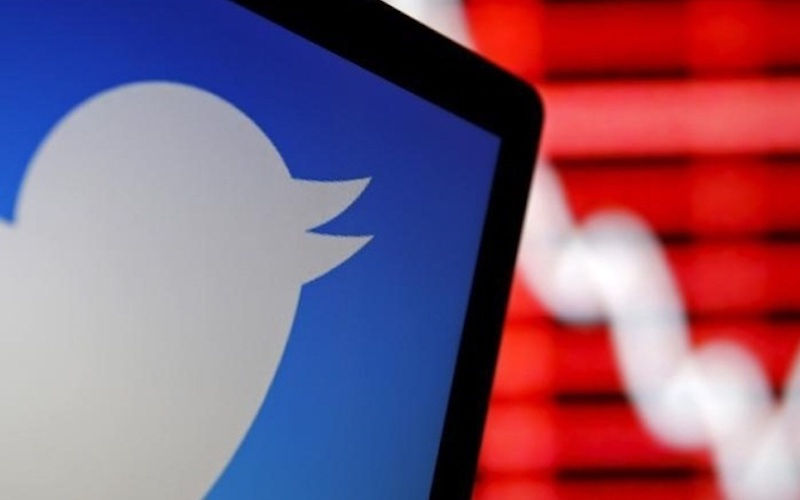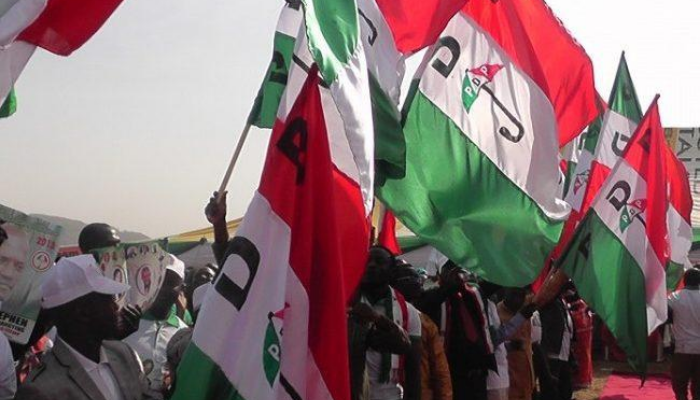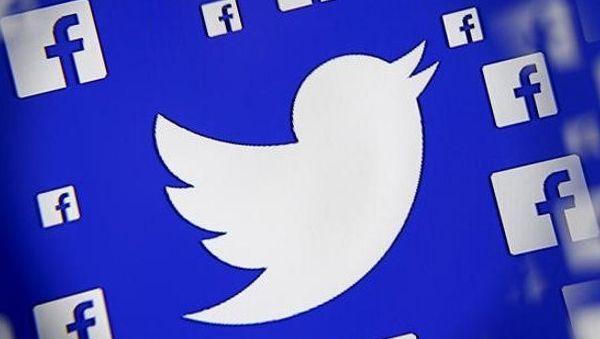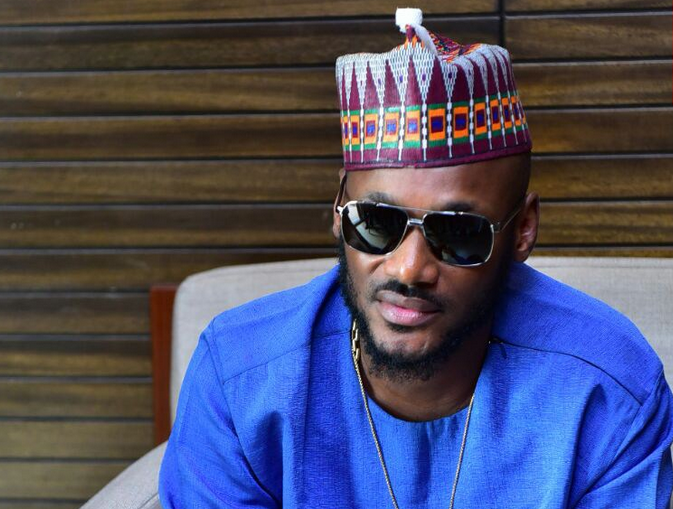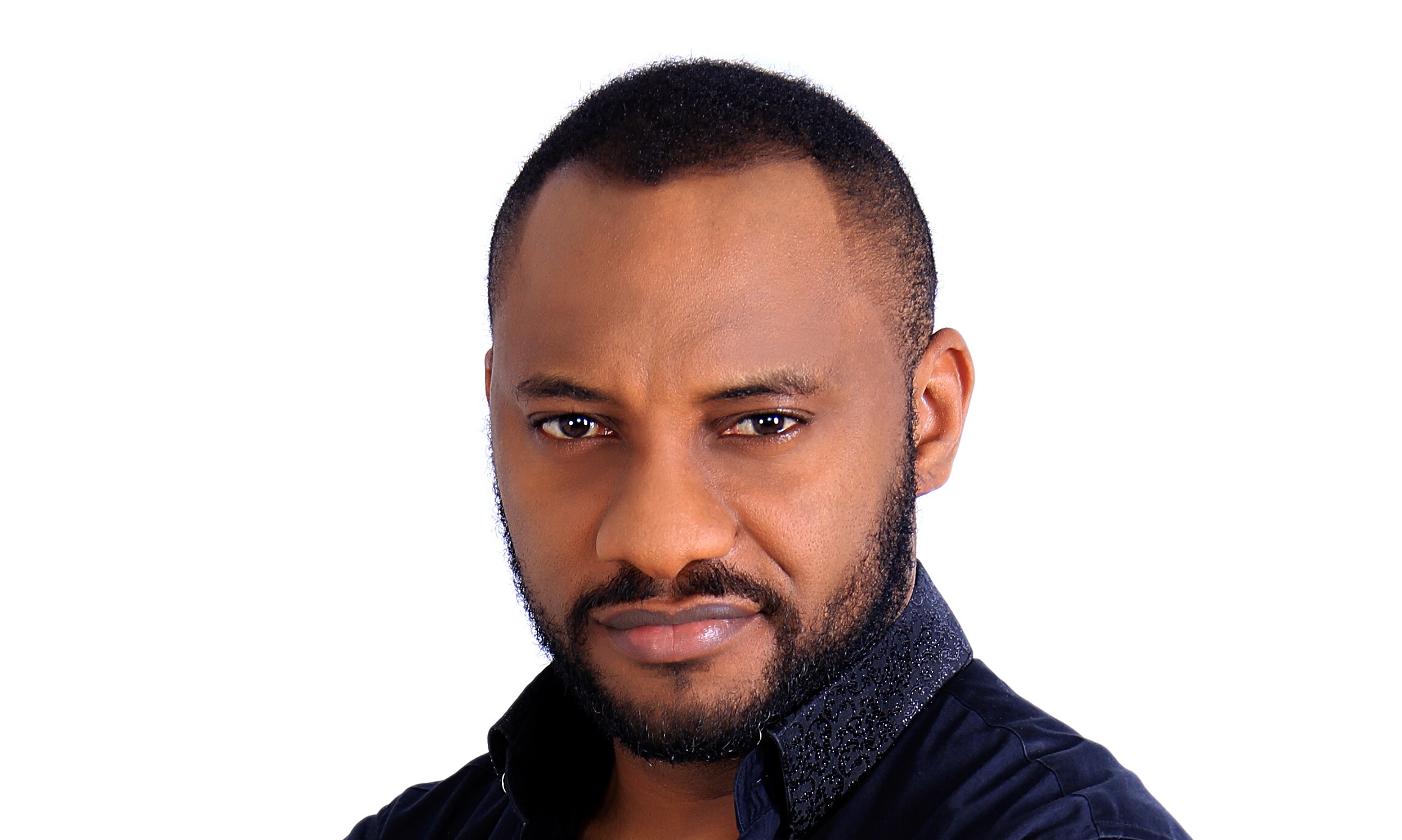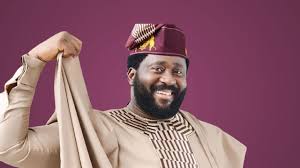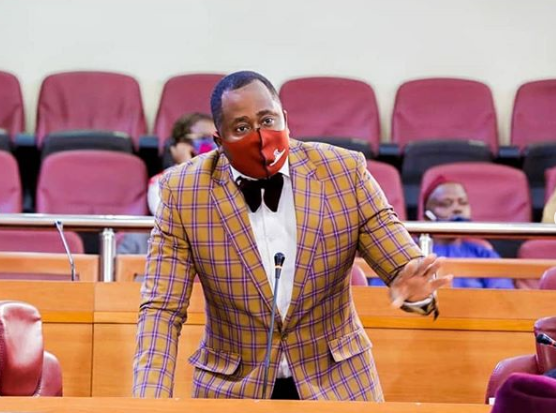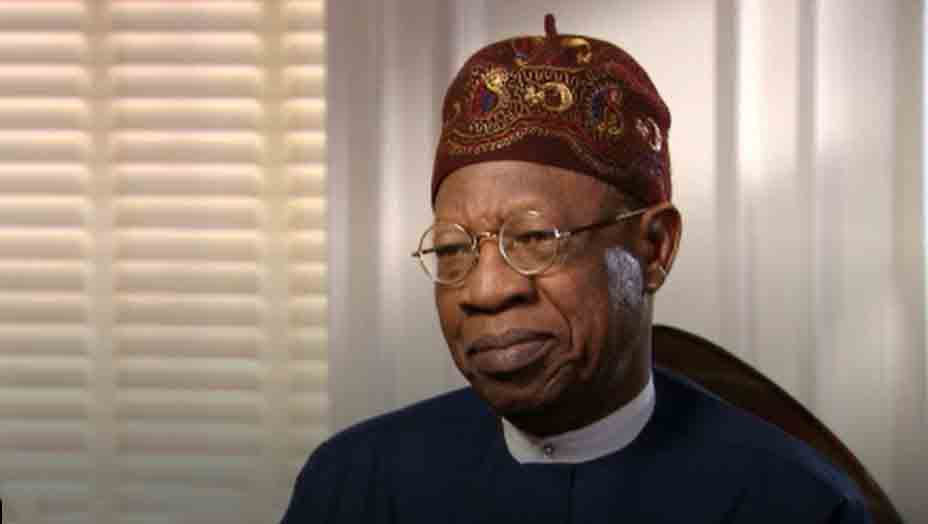By Chidi Amuta
The recent ENDSARS protests were bound to yield consequential outcomes. The more immediate ones are obvious. The general populace was ignited and emboldened in its consciousness of possibilities. The youth in particular may have discovered their latent power and united energy. Our deepening inequality and the reality of our poverty republic of over 100 million people burst into open display. The constrained negativity of the nation’s rough and dangerous mob was unleashed in waves of angry looting, arson and vandalism. Most importantly, the potency of the social media as this moment’s most effective communication tool has dawned rudely on official Nigeria.
On its part, the Nigerian government heard an unfamiliar voice, one that is likely to return, again and again, in the future of our polity. The signals are clear enough. Easily the most conspicuous manifestation of the rattling of the state in the aftermath of the protests is a visible dread of the social media. You can hear the fear in the recent utterances of key officials of government.
The ubiquitous Lai Mohammed, Buhari’s information and propaganda Tsar has expressed a preference for a draconian regulation of the social media: “If you go to China, you cannot get Google, Facebook or Instagram but you can only use your email because they have made sure that it is regulated.” Mr. Mohammed was defending the 2021 budget proposals of his ministry at the National Assembly and seeking support for a law to muzzle the social media. In his anxiety to curtail the influence of the social media, Mr. Mohammed’s choice of China as reference model is instructive. The minister probably forgot that China is a communist autocracy, ruled by one party with systematic abuses of basic rights and freedoms as directive principles of state policy.
In similar vein, Buhari’s Chief of Defence Staff and National Security Adviser respectively have insisted that in the immediate aftermath of the ENDSARS protests, the social media is an enemy force to be targeted and subdued. In their conception, the social media was used to disseminate the ideas that powered the protests. For these security chieftains, the social media poses a national security challenge in the area of cyber-security. They were speaking recently at a workshop on the 2020 National Cyber security Strategy in Abuja.
Quite disturbingly, a geo -strategic misconception of the protests has occurred. A conclave of governors of the 19 Northern states has unanimously advocated a censorship of the social media. This is a suggestion that the protests were a southern conspiracy informed by nefarious political intent.
Official hostility towards the media has not been restricted to these timid reservations about the social media. In the immediate aftermath of the ENDSARS protests, the National Broadcasting Commission (NBC) imposed a fine of N3 million each on four leading independent television stations- AIT, TVC, Arise TV and Channels TV- ostensibly for using video clips from social media posts in their news coverage of the protests. The latent threats on the media and the general freedom of expression and information in the country has raised eye brows internationally. The British government has had cause to caution Nigerian authorities against anti-media policies.
The Buhari government’s specific nervousness about the social media is understandable but patently foolish and uninformed. The social media played a prominent role in marketing Mr. Buhari to Nigerians in 2015. But I suspect that a government led and populated by persons steeped in conservative conceptions of information and the media is finding it difficult to grapple with a new world in which the power of media and information power has shifted into the hands of every citizen who is wielding a smart phone. Youngsters and plain ordinary men and women, artisans, fishmongers, farmers and students have found a voice to contribute to the whirl of ideas and events flowing around us all.
The time has passed when authoritarian African governments used to close down media houses, confiscate whole editions of newspapers and magazines and clamp their editors and publishers in detention. I am sure that Mr. Buahari recalls that time when he and his colleagues closed our news papers, sealed warehouses full of newsprint, jailed innocent editors for publishing the truth because it hurt their tiny dictatorial egos.
In the age of social media, there is hardly a newspaper house to shut down. The editors and practitioners are either itinerant bloggers or just plain everyman. The news is being updated every moment in public transit buses. Powerful opinions and editorials are being conceived and written from the toilet seat in private homes. There are no rules and hardly any codes of conduct. The concept of what is ‘fit to print’ has gone out through the window. Each practitioner has his or her slant of the truth. The dividing line between fact and fiction has become so blurred as to literally disappear. Fake news is also news!
This trend coincides with a democratization of information and truth, a diffusion of the power of the media and information. The fourth estate of the realm is now “all of us’’. We, the people, have become the arbiters of our fate and future.
The real purveyors and backbones of the power of the social media are the multinational giant tech companies. They happen to be so powerful, so wealthy and so influential that they have become untouchable. They are matrixed with nearly everything that drives today’s world economy and national and international security.
Each of Google, Twitter, Facebook or Instagram has more ready cash than most countries in the world. They are the custodians and carriers of not just private messages but also strategic information that determines the plight of mega multinationals, powerful nations and multi lateral organisations. In the cloud memory bank of these companies, the emails of the most powerful individuals and companies are stored and can be put to a variety of uses for good or for unimaginable ill.
Such awesome power is the backbone of the retail level communication that we refer to as the social media. Regimes have come to feed on or be threatened by the reach of the social media. In general, liberal and enlightened democracies have little or no grouse with the social media. They only worry about its rough outer fringes, the zone of mischief and unbridled immorality. The freedom of individuals is central to the liberal essence of democratic society. Trouble comes in dispensations that thrive on the curtailment of individual freedom. The social media is the currency of individual freedom and the vehicle of an open society. Sensible governments exploit its awesome powers for the good of their peoples. The governments that constrain the social media happen to be either autocracies, illiberal democracies or aspiring dictatorships.
There are concerns about the social media and its powers. Individual privacy occasionally gets invaded, unpalatable things get posted about innocent people while the normal decorum of decent speech and respect for decency often get thrown overboard. Moles, leakers and unsolicited whistle blowers have a field day. Yes, the social media is subject to abuse. Pornography and improper content finds latitude and wide circulation. Even terrorists and suicide bomb makers as well as determined mass murderers and racist bigots all find a free field in the social media. Determined trouble makers disamminate negative information that unsettles law and order in good places. It is these extremes of dangerous free expression carried in the social media that require the regulatory attention of responsible government and authorities around the world.
The safeguards that society needs against the possible excesses of the social media must be part of the general safeguards that undergird responsible freedom of expression in responsible society. The laws of sedition, libel and infringements of official secrets remain valid.
In a democratic society, there is no room for the curtailment of individual freedom of expression in the name of regulation of expressions that may not make a specific regime happy. Efforts to regulate the social media in terms of the dissemination of politically inconvenient truths belongs in the realm of censorship and the abridgement of the fundamental freedom of expression.
Beyond the anxiety over the increasing powers of the social media, the sudden collapse of law and order obviously rattled the Nigerian state. Once the protests degenerated into lawlessness and hooliganism, concern for law and order united government and people. The people wanted the streets to resume their bustle and for businesses, schools and markets to reopen. For the government, the return of law and order meant the return of the business of state. But beneath this urgent necessity, the political leadership and the deep state were deeply rattled.
Recourse to conspiracy theories was one natural response. I saw it in a broad spectrum of fifth column postings in the social media. One of them ostensibly by a certain Usman Yusuf was profusely bandied around social media platforms. It probably captures the essential drift of what may be the typical security script that could be informing the response of the Buhari administration to the ENDSARS event.
This is a fictional narrative of a political conspiracy. It unequivocally alleges that the ENDSARS protests were carefully planned and meticulously implemented by political interests whose interests range from national disintegration to anarchy and regime change. “the ENDSARS protests across the nation was nothing but an attempt by some selfish individuals to rattle the cage for the presidential ticket in 2023. Failing that, they planned to make the country ungovernable to make room for an undemocratic regime change or cause total anarchy in the land leading to the breakup of the country…”
Predictably, the fictional narrative would not be complete without weaving in the input of the banned IPOB group in the provision of foot soldiers for the protests in Lagos and all over the country. Even ASUU and the prolonged strike over remunerations is invoked as complicit by keeping university students at home and thus providing a ready pool of student foot soldiers for the protests.
According to the elastic creativity of this script, the utterances and activities of key prominent citizens like Vice President Osinbanjo, House Speaker Gbajabiamila, Pastor Adeboye, ex-President Obasanjo etc. who warned against the imminence of trouble in the land if the divisive trends in government policy and patronage were not reversed as pointers that some of these otherwise patriotic citizens knew about the protests. It implies that they may be among the powerful sponsors of these protesters. The coincidence of these individual private views with the warnings of ethno national and regional groups like Afenifere, Ohanaeze, PANDEF and the Middle Belt Forum about the tensions in the land was cited as evidence that the protests were orchestrated and pre-planned.
A timeline of events leading on to the protests was then carefully built around this narrative to lend sequence and orchestration to the huge conspiracy. Moreover, the national unanimity of the youth was carefully broken down into a north-south divide to coincide with the usual format of Nigerian security fiction.
The script went on to insist that the celebrity community of popular musicians, comedians, influencers, bloggers and other facilitators now constitute an a virtual community which the organisers of the protests quickly assembled virtually to execute what was a political venture. For evidence to support the charge of organization, the voluntary support donations of food and other items by individuals and organisations was rendered as evident of organized support for the protests.
Ordinarily, conspiracy theories can be useful in security analyses of sudden eruptions of upheaval that unsettle the establishments of state. But a conspiracy theory needs to be rational and logical. How would a band of unpatriotic and politically ambitious sponsors of the ENDSARS protests who aim to rule in 2023, divide the same country they seek to rule? How would they scheme for an undemocratic regime change in 2020 when they want to rule Nigeria in 2023? Why make the same country ungovernable now when the 2023 election is a clear three years away? When did IPOB become the ruing mob in Lagos where the protests began? When did our disparate group of internet savvy celebrities and youthful social media influencers join forces with ASUU, IPOB, ambitious politicians and active members of the ruling government to forge this unholy coalition that could spring nationwide protests? Why select the excesses of SARS and the long standing culture of police brutality as a suitable theme to launch this chaotic uprising?
Somehow, the fictionalizers forgot that youth in different parts of the country quickly rose to own and domesticate the SENDARS protest to address the peculiar needs of their regions. Very clearly, youth in the northern precincts insisted that SARS was only useful in the region to the extent that it may have been helping to deal with peculiar security challenges like banditry, cattle rustling, random kidnappings, indiscriminate killings and Boko Haram which have since rendered most of the north unsafe and dangerous.
Unsurprisingly, therefore, a good part of the response of government to the protests has largely derived from the outlines of this script. Now, alleged leaders of the protests are reportedly under surveillance. The Central Bank has begun to block the acconts of alleged leaders of the protests.
In line with the sectional (North-South) drift of security thinking of this government on the protests, a closed doo meeting of mostly northern leaders has been hurriedly convened in Kaduna to deliberate on the geo-strategic political meaning of the protests.
Undoubtedly, the ENDSARS protests have a political meaning for the government. It may have been mostly a spontaneous outburst against the long standing abuses of the SARS unit and the general lawlessness of the police. But for a government in power, the protests are politically consequential. The youth have raised a voice whose political resonance in the near future can not be underestimated.
To that extent, the reflexes of the government are understandable. First the youth spring indicated a political consciousness from an unexpected quarter. Our political elite had long come under the illusion that Nigerian youth could not possibly amass a common consciousness as to unite around common causes let alone becoming a political threat. The protests put a rude sudden lie to that assumption. The protests were spontaneous. They were united. They were urban based and hence quite dangerous from a security and law and order perspective. But, the protests were NOT a southern plot to wrest power from a northern president!
The challenge of the ENDSARS protests rises above the usual hunt for scapegoats. Nor do the conspiracy theories serve any useful purpose. The spontaneous youth uprising was beneficial in bringing attention to police brutality and other forms of official lawlessness. No one questioned the legitimacy of the government in power nor was there any pressure to change the democratic regime or the tenure of the president.
The government of Mr. Buhari should take the early precaution of desisting from any tampering with the social media space. The same youth who utilized the potency of the social media to discover their power on the SARS matter are likely to rise in defense of that platform if it is threatened.
